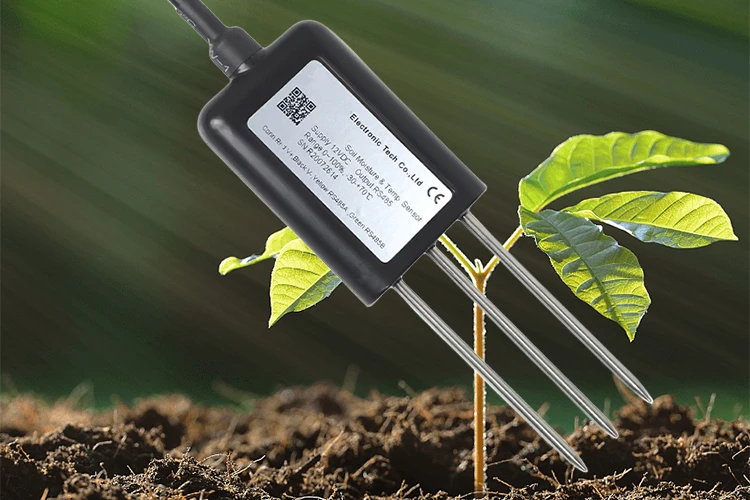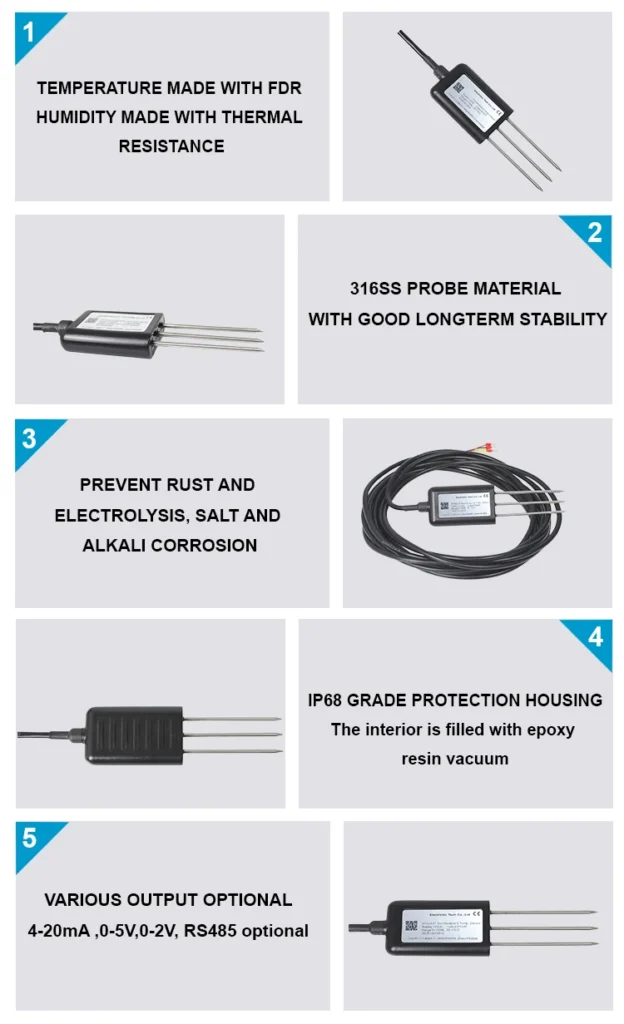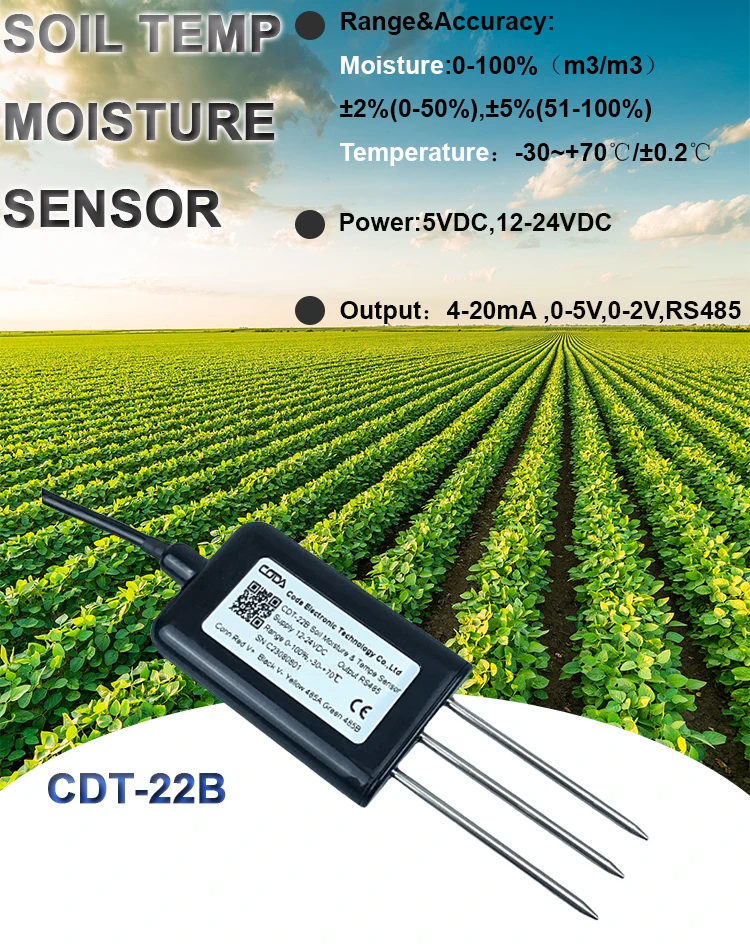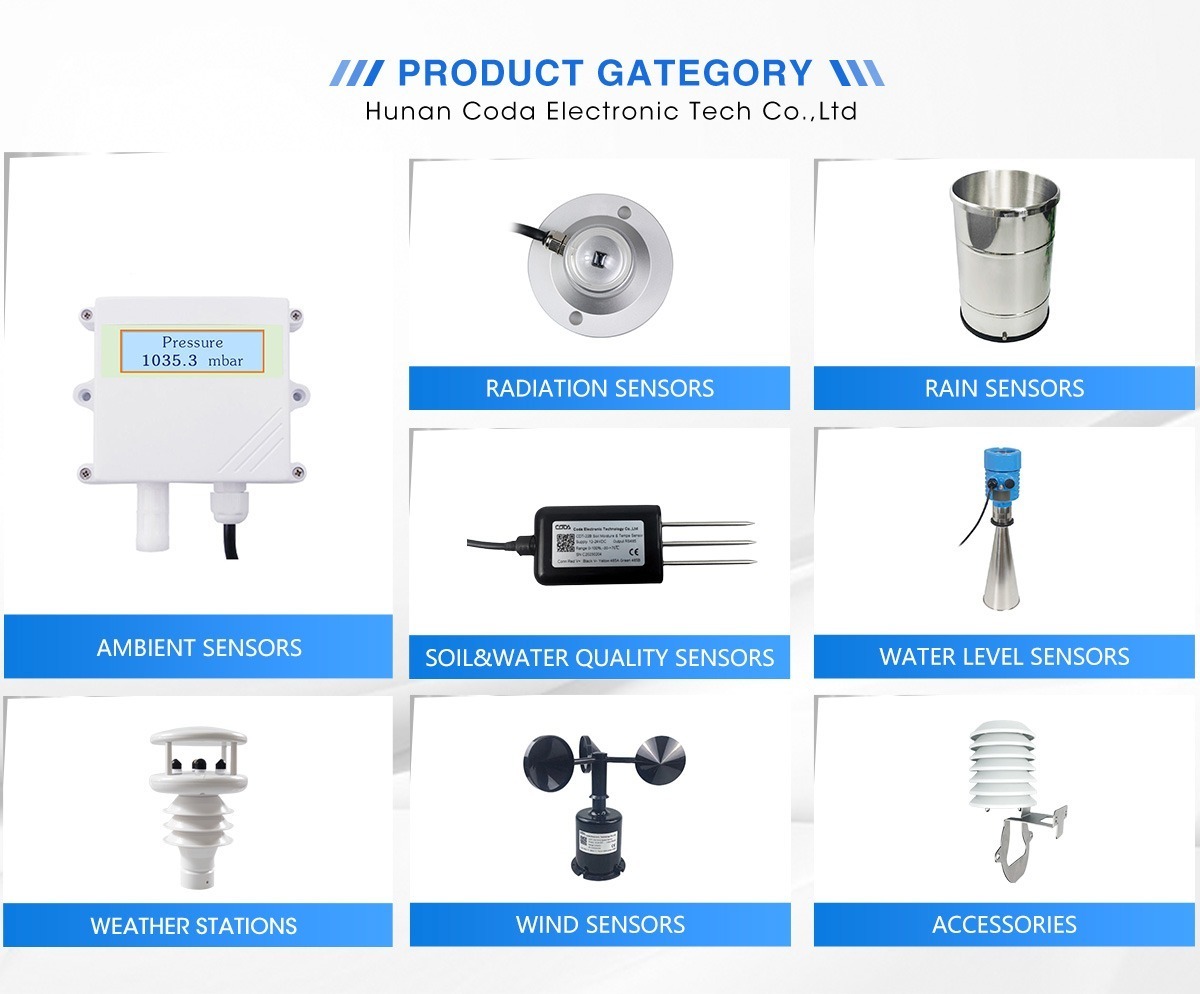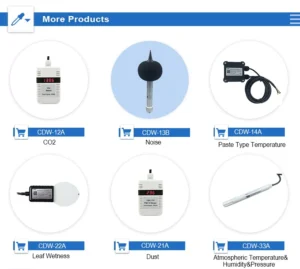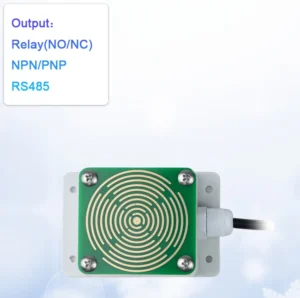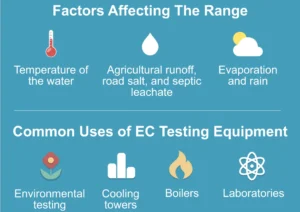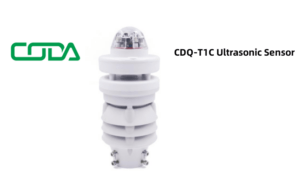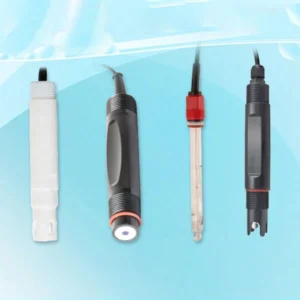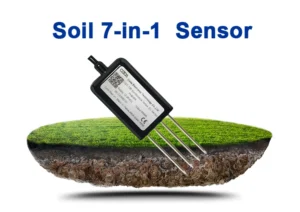Are you aware of the pros and cons of soil moisture sensors?
Soil moisture sensors are tools that measure how much water is in the soil. They provide important information for irrigation, growing crops, and checking the environment. A range of sensor types exists, each leveraging distinct mechanisms to gauge soil moisture. Below is an overview of some commonly utilized sensors, followed by their advantages and disadvantages.
Common Types of Soil Moisture Sensors:
1. **Tensiometers**:
These measure soil moisture tension—how hard a plant must work to extract water from the soil. A ceramic cup with pores, a tube filled with water, and a vacuum gauge make up the device. The drier the soil, the higher the tension displayed on the gauge.
2. **Capacitance Sensors**:
This type calculates soil moisture by evaluating changes in soil’s dielectric constant or electrical conductivity. Two metal electrodes insert into the soil, and their readings adjust based on the moisture content.
3. **Time Domain Reflectometry (TDR) Sensors**:
TDR sensors use electromagnetic pulses to determine soil moisture. The travel time of these pulses changes based on the soil’s properties. This gives an estimate of moisture levels.
4. **Frequency Domain Reflectometry (FDR) Sensors**:
These operate similarly to TDR sensors but rely on specific frequencies. By analyzing the reflection of electrical signals at designated frequencies, they determine moisture concentration.
Each of these sensor types has advantages and limitations, making them suitable for varying applications and soil contexts. Selecting the right type requires considering factors like accuracy, cost, maintenance requirements, installation complexity, and calibration.
Advantages of Soil Moisture Sensors:
1. **Water Conservation**:
These sensors provide real-time data to optimize irrigation frequency and amounts, helping reduce unnecessary water usage and promoting sustainability.
**2. Improved Crop Health and Yield**:
Checking moisture helps crops get enough water during important growth stages. This reduces plant stress and leads to healthier harvests.
3. **Resource Optimization**:
By eliminating over-irrigation or under-irrigation, soil moisture sensors enhance the efficient use of water, energy, and nutrients like fertilizer.
4. **Cost Savings**:
Improved resource management results in lower expenses for water bills, energy consumption, and fertilizer applications.
5. **Time Efficiency**:
Sensors provide quick data on soil conditions. This reduces the need for manual sampling or lab tests. As a result, decisions can be made faster.
Disadvantages of Soil Moisture Sensors:
Though beneficial in many ways, soil moisture sensors are not without drawbacks:
1. **High Initial Investment**:
Many soil moisture sensor, particularly advanced types like TDR or FDR models, can be costly to purchase and install.
2. **Calibration Requirements**:
Sensors often need routine calibration to remain accurate, especially when used in varied soil types or environmental conditions.
3. **Limited Lifespan**:
The durability of sensors can vary. Factors like harsh weather conditions or poor handling may affect their longevity.
4. **Maintenance Needs**:
Regular cleaning and care help stop sensor problems. Soil buildup or corrosion can cause inaccuracies.
5. **Soil Variability Challenges**:
Different soil properties, like rocks or uneven textures, can cause inconsistent readings. This may need extra interpretation or adjustments.
conclusion
Soil moisture sensors offer many benefits. They help manage water resources and improve crop performance. However, we must think carefully about their costs, maintenance, and how well they fit the environment. Proper selection and management of these devices can maximize their utility and minimize their shortcomings for various agricultural and environmental applications.
